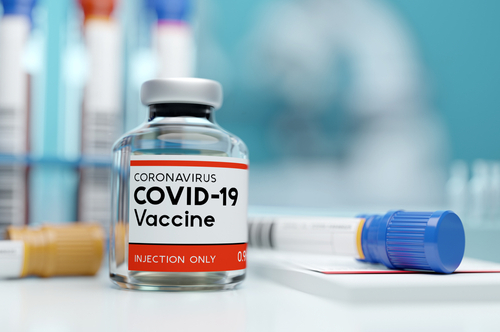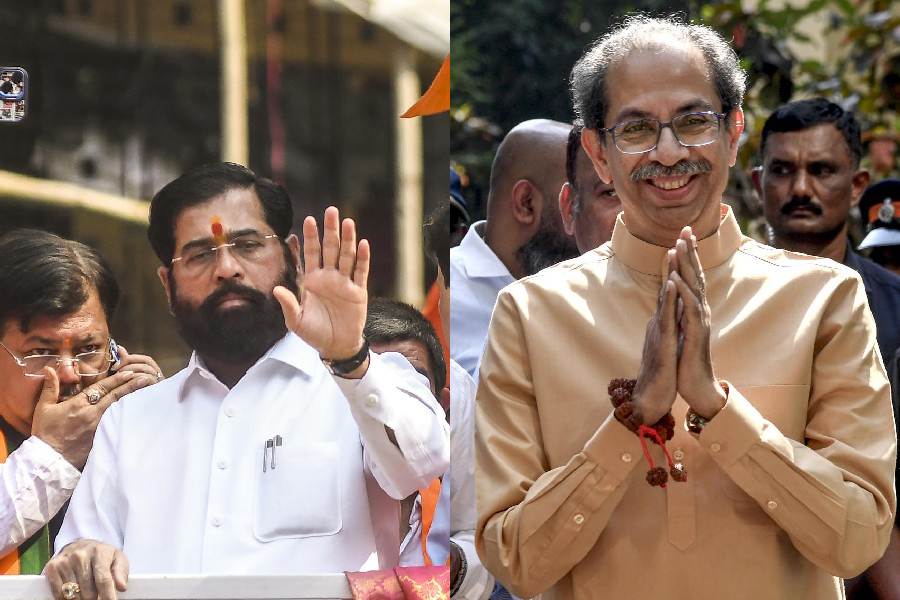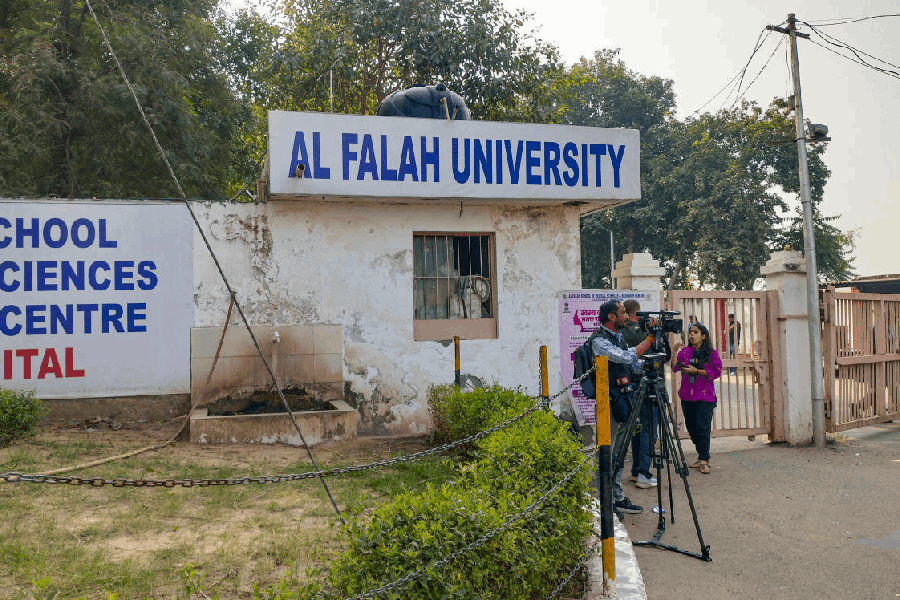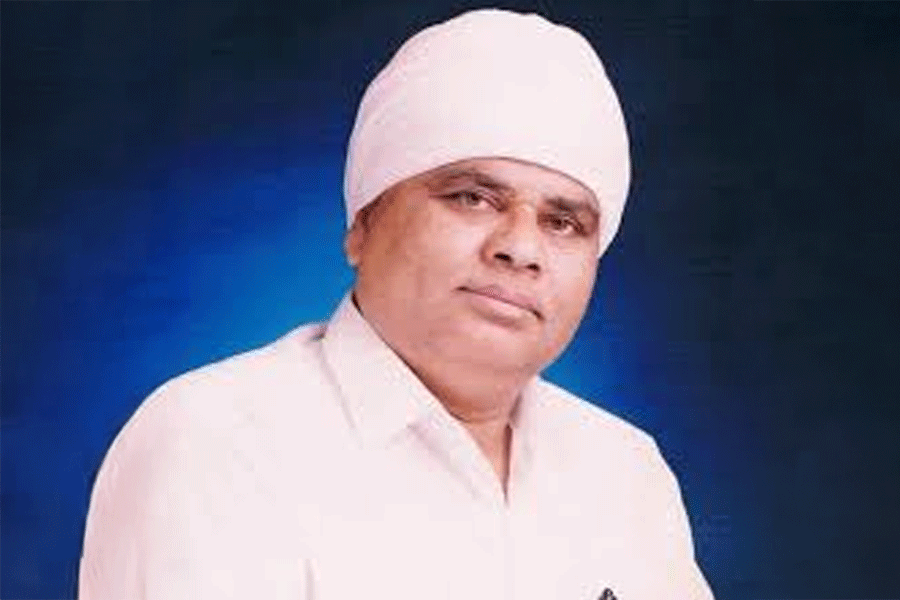The US federal government has told states to prepare for a coronavirus vaccine to be ready to distribute by November 1.
The timeline raised concern among public health experts about an “October surprise” — a vaccine approval driven by political considerations ahead of a presidential election, rather than science.
In a letter to governors dated August 27, Robert Redfield, director of the US Centers for Disease Control and Prevention, said states “in the near future” will receive permit applications from McKesson Corp, which has contracted with CDC to distribute vaccines to places including state and local health departments and hospitals.
“CDC urgently requests your assistance in expediting applications for these distribution facilities and, if necessary, asks that you consider waiving requirements that would prevent these facilities from becoming fully operational by November 1, 2020,” Redfield wrote.
He wrote that any waivers will not compromise the safety or effectiveness of the vaccine. The Associated Press obtained the letter, which was first reported by McClatchy.
The CDC also sent three planning documents to some health departments that included possible timelines for when vaccines would be available.
The documents are to be used to develop plans for early vaccination when the supply might be constrained, according to one of the documents, which outlined a scenario in which a vaccine could be available as soon as the end of October.
“The Covid-19 vaccine landscape is evolving and uncertain, and these scenarios may evolve as more information is available,” the document reads. Another of the documents says that limited Covid-19 vaccine doses may be available by early November and that supply will increase substantially in 2021.
It also states that initially available vaccines will either be approved by the Food and Drug Administration or authorised by the agency under its emergency powers.
The documents encourage health officials to work out now which groups to prioritise for a vaccine, identify providers who will administer vaccine, and take other steps to prepare. The planning documents were first reported by The New York Times.
Redfield told Yahoo Finance that officials were preparing “for what I anticipate will be reality, is that there'll be one or more vaccines available for us in November, December”.
James S. Blumenstock, a senior vice president at the Association of State and Territorial Health Officials, said the CDC was offering “an aggressive but necessary timetable” and that public health agencies were mobilising to prepare detailed plans.
Several public health experts pointed out that final stage trials of experimental vaccines are still recruiting, and are at best halfway through that process.
The vaccines are two doses, and each is given a month apart. The experts told the AP they did not understand how there could be adequate data on whether the vaccines work and are safe before November 1.
“Being ready is reasonable. Cutting short phase 3 trials before you get the information you need isn’t,” said Dr Paul Offit, a Children’s Hospital of Philadelphia immunisation expert who sits on the FDA’s advisory committee.
Peter Hotez, dean of Baylor University’s tropical medicine school, said he was “very concerned” about whether the FDA would use an emergency use authorisation to approve a vaccine before knowing whether it works and is safe. “It gives the appearance of a stunt rather than an expression of public health concern, Hotez said.
FDA commissioner Stephen Hahn previously said the agency wouldn’t cut corners in evaluating vaccines. He told the Financial Times this week that it might be “appropriate” to approve a vaccine before clinical trials were complete if the benefits outweighed the risks.










